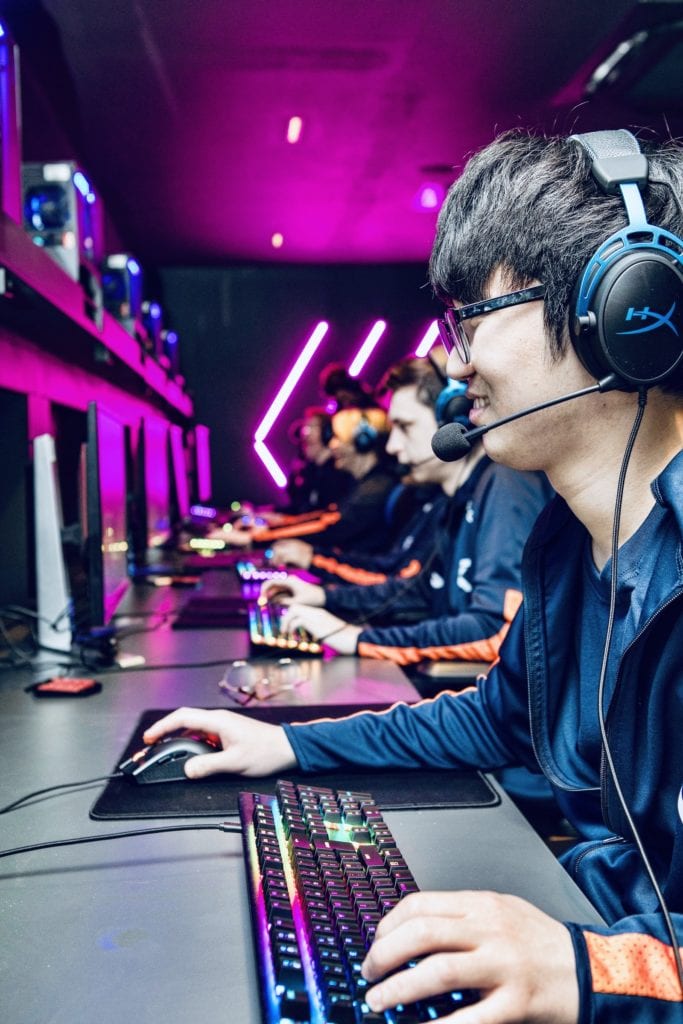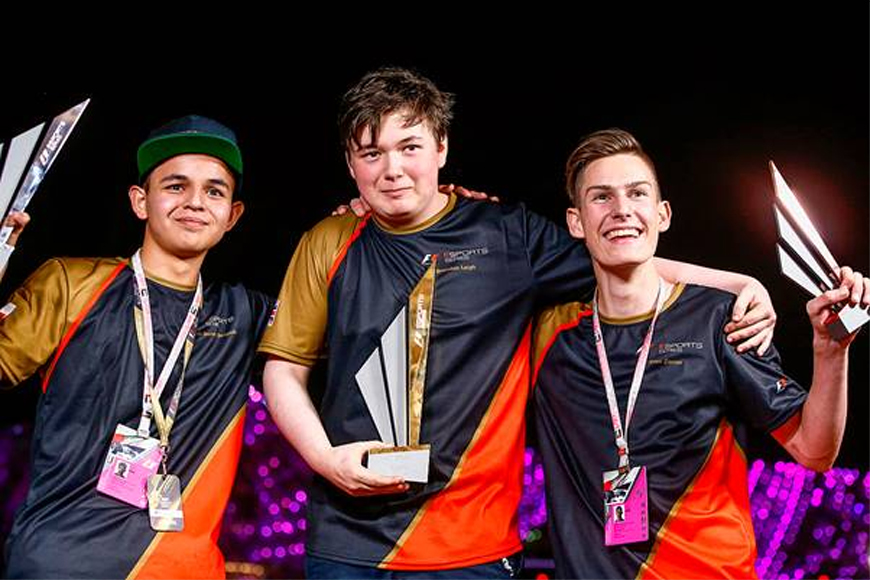Promoted article (contains affiliate links)
The total value of the global esports market is set to reach an estimated $1.79bn by 2022 (according to Newzoo) and, in the wake of economic uncertainty, the UK is looking to position itself as a leader in the growing European esports movement.
Currently, the two largest esports markets are Asia and North America. However, the rest of the world is catching up as global annual sponsorship looks to pick up to the tune of $1.2bn.
The total awareness of esports is also on the rise. In 2015, around 809 million people were active participants or audience members for esports events. That number apparently grew to 1.57 billion people around the world in 2019, and those people watched over 2.4 billion hours of esports video content.
With the rise in popularity of streaming platforms like Twitch, that number is also expected to rise of 6.6 billion hours by 2020.
The Dota 2 tournament ESL One being hosted in Birmingham has proven successful, as has the London CSGO FaceIT Major. There has also been government interest in establishing the UK as a hub for global esports (though we’d of course like to see it do more).
As a result, a number of organisations are now looking to raise capital to host esports events that would rival sporting events and interest in the odds on who will be the event winners of some of the UK’s largest, such as the Rugby Six Nations, the British Grand Prix and horse racing’s Cheltenham Festival.
Grassroots and government support
Esports organisations in the UK have the benefits of strong grassroots support. Currently, Ukie, a trade body supporting the UK’s games and interactive entertainment industry, is hosting a series of school tournaments for games like Smash Bros and Minecraft. This should help to foster young people who could become the next UK esports stars.
In addition to active participants, the UK has a large and passionate audience who are willing to travel to live esports events. The UK audience is allegedly the second largest group in Europe, just behind Germany.
The UK government is actively supporting UK esports growth through The Department for Digital, Culture, Media & Sport (DCMS) who last year contributed $4 million to a consortium led by ESL UK, called Weavr. Weavr seeks to use technology such as VR to create new and ‘immersive audience experiences’ for esports viewers.
New teams and new games
As esports becomes more and more popular, new games are rising to displace the current crop of dominant ones, allowing for new UK talent to come into play. Currently, games like League of Legends, Overwatch and Counter-Strike: Global Offensive are dominating the esports circuit.
However, newer arrivals like Fortnite are demonstrating they can be viable alternatives to the current crop of dominant games, ensuring a talent turnover that’s allow grassroots UK players to become more competitive.
The rising popularity of esports has also caught the attention of traditional sports teams. In the UK, the English Premier League, the most popular footballing league in the world, is hosting the ePremier League. Football clubs all over Europe, from Chelsea to Bayern Munich, have esports versions of their IRL teams. The ‘real’ world of sports is, in general, very keen to get involved with the growing esports sector.
Formula One has had its own esports series running since 2017. The first season alone drew in over 60,000 gamers and was watched in 123 countries around the globe.
The series mirrors the real-life sport. It has Driver’s and Constructors’ trophies, won by Ferrari’s David Tonizza and Red Bull Racing Esports respectively in 2019. He won a share of the $500,000 prize pool.
It should be noted that the 2017 and 2018 Driver’s titles were won by English driver Brendon Leigh (pictured above, centre).
Over the pond in North America, there’s the NHL Gaming World Championship. The championship draws players from all over the world and ends in a showdown in the HyperX Esports Arena in Las Vegas, with $100,000 in total prize money on the table.
Rehabilitating gaming’s reputation

One of the major potential benefits of bringing gaming into the mainstream in the UK is combating the negative views some have towards it.
The World Health Organization has recognised gaming disorder as a viable psychological disorder and DCMS’ highlighting of video gaming, and in particular the definitions of loot boxes and whether they are wagering, have been topics covered over the past year.
By focusing on the potential positives of the UK becoming a European and potently global esports hub, UK-based esports groups are helping to balance coverage of video games away from the more negative aspects.
The digital future of the UK
The traditional economic powerhouses of the UK are facing uncertain times (such as banking and motoring).
With strong grassroots support, an established player base and a committed audience, esports is one area where the UK has the potential to become a leader, assuming the proper support and organisation are given.
Since there is an appetite for esports in the UK, with trade advocacy groups, sports teams, the government and games manufacturers here, the UK could produce some very beneficial results for esports in the future. This, in turn, could help to boost the UK economy by providing a brand new market and its related services. Time will tell how it could shape up going forwards.
Promoted article (contains affiliate links)


